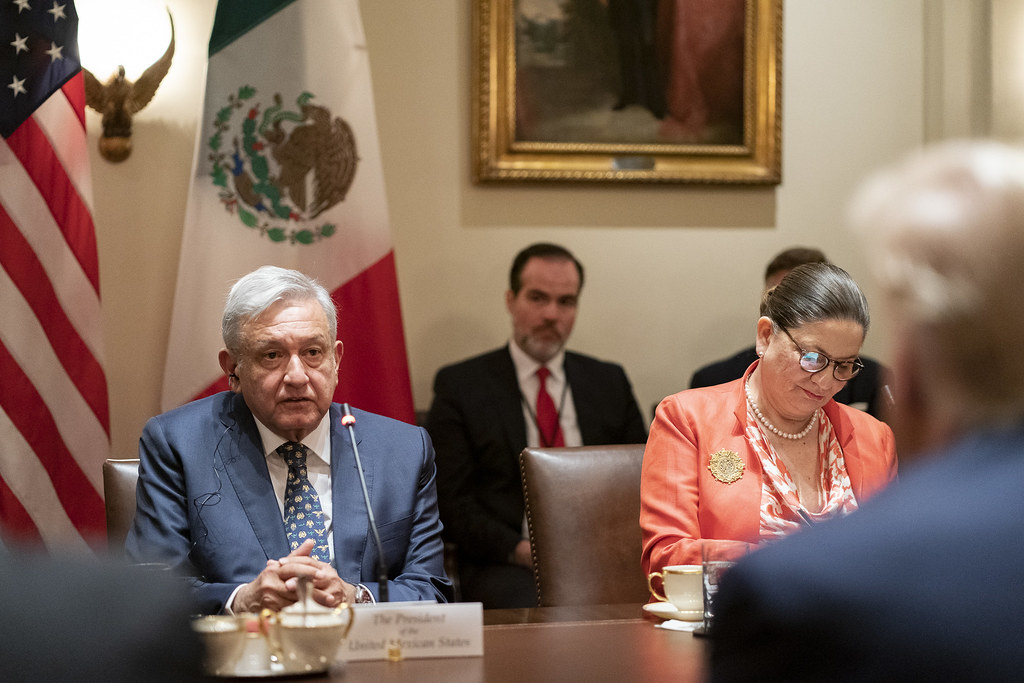The Sup reme Court of the United States has issued an important but temporary victory to the Biden administration. On Monday, the court temporarily halted the enforcement of a controversial immigration law from the state of Texas known as SB4, which would authorize state law enforcement officials to arrest and detain those suspected of entering the country illegally, while imposing harsh criminal penalties.
reme Court of the United States has issued an important but temporary victory to the Biden administration. On Monday, the court temporarily halted the enforcement of a controversial immigration law from the state of Texas known as SB4, which would authorize state law enforcement officials to arrest and detain those suspected of entering the country illegally, while imposing harsh criminal penalties.
The administrative hold issued by Supreme Court Justice Samuel Alito blocks the law from taking effect in the state of Texas until March 13. This temporary pause will give the court enough time to review and respond to court proceedings initiated by the Biden administration. Alito has ordered Texas to respond to the government’s lawsuit by March 11.
U.S. Solicitor General Elizabeth Prelogar has argued that SB4 violates the law by placing the authority to admit and remove noncitizens on state law enforcement when these matters fall under the jurisdiction of the federal government, and not individual states.
 Visa Lawyer Blog
Visa Lawyer Blog












